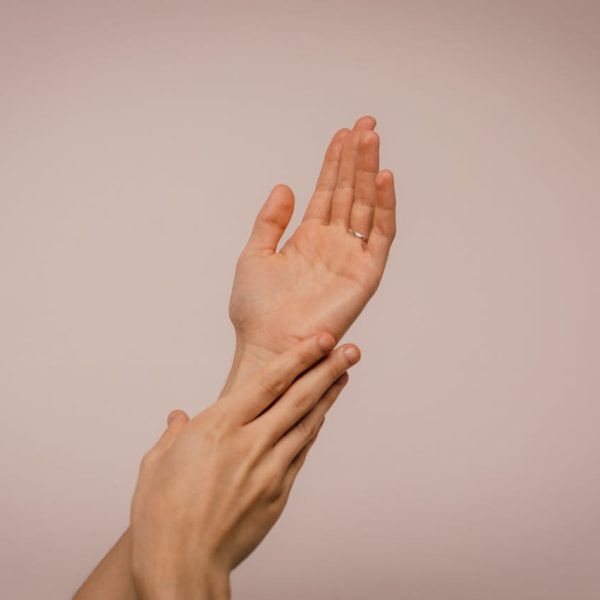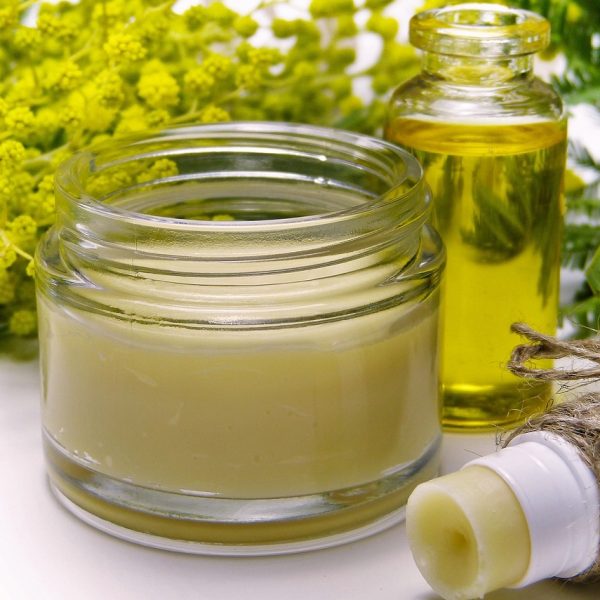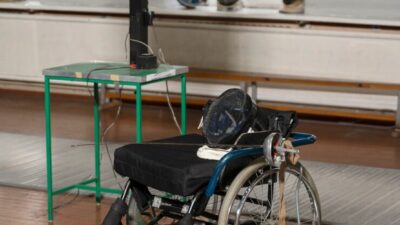How to Manage Acne: Skincare Tips That Work
Acne is one of the most common skin conditions, affecting people of all ages. From mild breakouts to severe cases, acne can be both physically and emotionally challenging to deal with. While there is no one-size-fits-all solution, adopting a consistent skincare routine and understanding what works for your skin can help manage and reduce acne effectively. Here are some proven skincare tips to help you achieve clearer skin and regain confidence.
Understand Your Skin Type
The first step in managing acne is understanding your skin type. Acne-prone skin is often oily, but it can also be combination or even dry. Knowing whether your skin is oily, dry, or a mix of both will help you choose the right products. For instance, oily skin may benefit from lightweight, oil-free products, while dry skin needs hydrating yet non-comedogenic options. Many breakouts occur when the wrong products clog pores or irritate the skin, so tailoring your routine to your skin type is essential.
Cleanse Your Skin Gently
Cleansing is a cornerstone of any effective skincare routine. For acne-prone skin, it’s crucial to cleanse your face twice a day—once in the morning and once at night—to remove dirt, oil, and makeup that can clog pores. Opt for a gentle, sulfate-free cleanser containing acne-fighting ingredients like salicylic acid or benzoyl peroxide. Avoid harsh scrubbing, as it can irritate the skin and worsen acne. Instead, use lukewarm water and massage the cleanser onto your skin with your fingertips.
Exfoliate with Care
Exfoliation helps remove dead skin cells that can clog pores and lead to breakouts. However, over-exfoliating can damage your skin’s barrier and cause more harm than good. Stick to exfoliating 1-2 times a week using a chemical exfoliant like alpha-hydroxy acids (AHAs) or beta-hydroxy acids (BHAs). These ingredients penetrate the pores and target acne-causing bacteria while promoting skin renewal. Avoid physical scrubs with rough particles, as they can irritate the skin.
Moisturize Regularly
Contrary to popular belief, even acne-prone skin needs hydration. Skipping moisturizer can lead to dehydration, causing your skin to overcompensate by producing more oil, which can trigger breakouts. Choose a lightweight, non-comedogenic moisturizer that won’t clog pores. Look for ingredients like hyaluronic acid for hydration and niacinamide for its anti-inflammatory and oil-regulating properties.
Use Targeted Treatments
Spot treatments can be highly effective in managing individual breakouts. Ingredients like benzoyl peroxide and salicylic acid are great for reducing inflammation and clearing clogged pores. Retinoids are another powerful option, as they help prevent clogged pores and promote cell turnover. Apply these treatments sparingly to affected areas and follow up with a moisturizer to prevent dryness.
Don’t Skip Sunscreen
Sunscreen is a must for all skin types, including acne-prone skin. UV rays can cause inflammation and darken acne scars, making them more noticeable. Opt for a broad-spectrum sunscreen with an SPF of 30 or higher that is labeled as non-comedogenic. Many sunscreens are now formulated with lightweight, mattifying finishes, making them suitable for oily skin. Apply sunscreen every morning, even on cloudy days, to protect your skin.
Maintain a Balanced Diet
While the relationship between diet and acne isn’t entirely clear, certain foods are known to exacerbate breakouts. High-glycemic foods like sugary snacks and white bread can spike insulin levels, potentially leading to more acne. Dairy products have also been linked to hormonal imbalances that may trigger breakouts. Focus on a balanced diet rich in fruits, vegetables, whole grains, and lean proteins. Staying hydrated by drinking plenty of water can also support healthy skin.
Manage Stress
Stress is a significant contributor to acne, as it triggers hormonal fluctuations that can lead to increased oil production. Incorporate stress-relieving practices into your daily routine, such as yoga, meditation, or even a short walk outdoors. Prioritizing sleep is equally important, as lack of rest can disrupt your body’s balance and worsen acne.
Avoid Touching Your Face
One of the simplest yet most effective ways to prevent acne is to avoid touching your face. Your hands carry bacteria, dirt, and oil that can transfer to your skin and clog pores. Resist the urge to pick at or pop pimples, as this can lead to scarring and prolonged healing times. Instead, let your skincare products do their job and trust the healing process.






